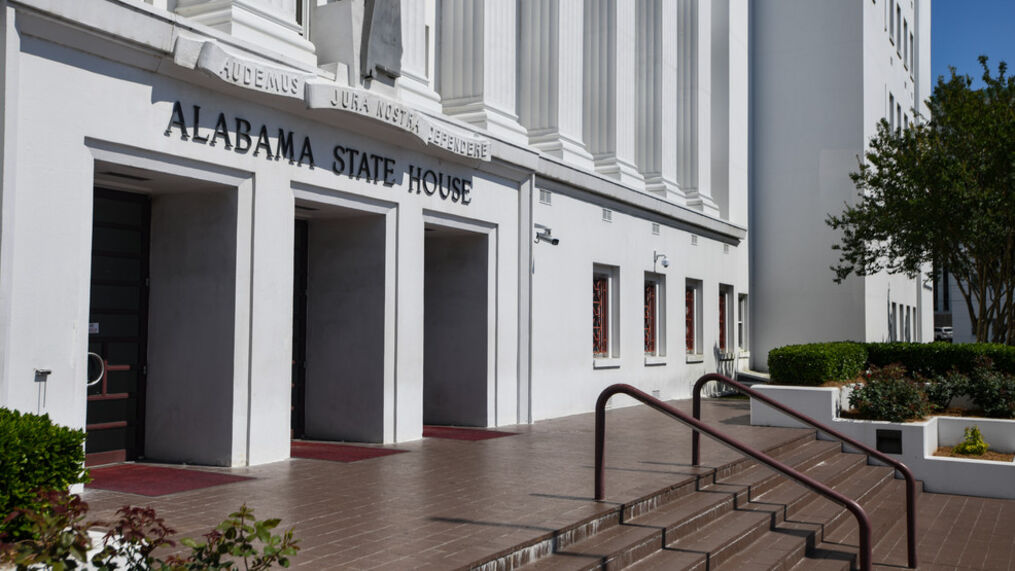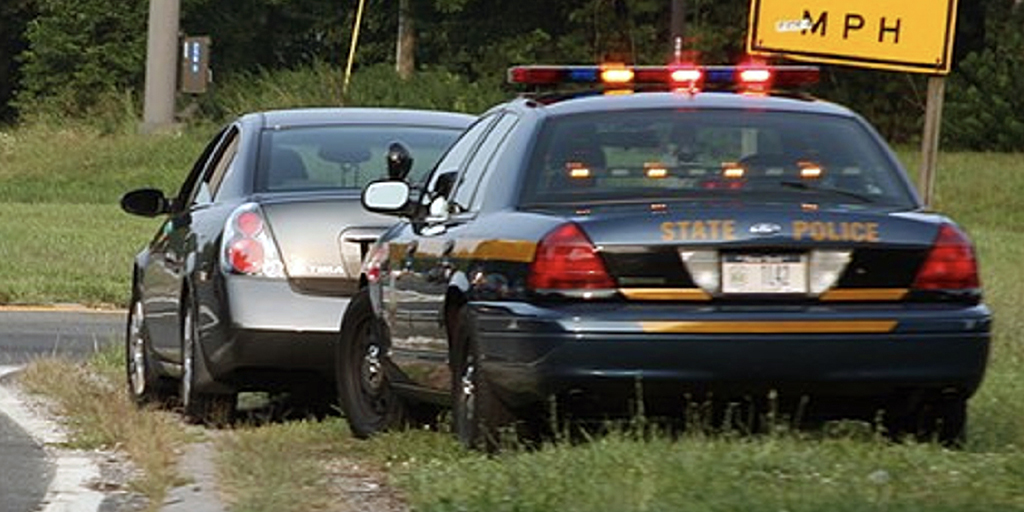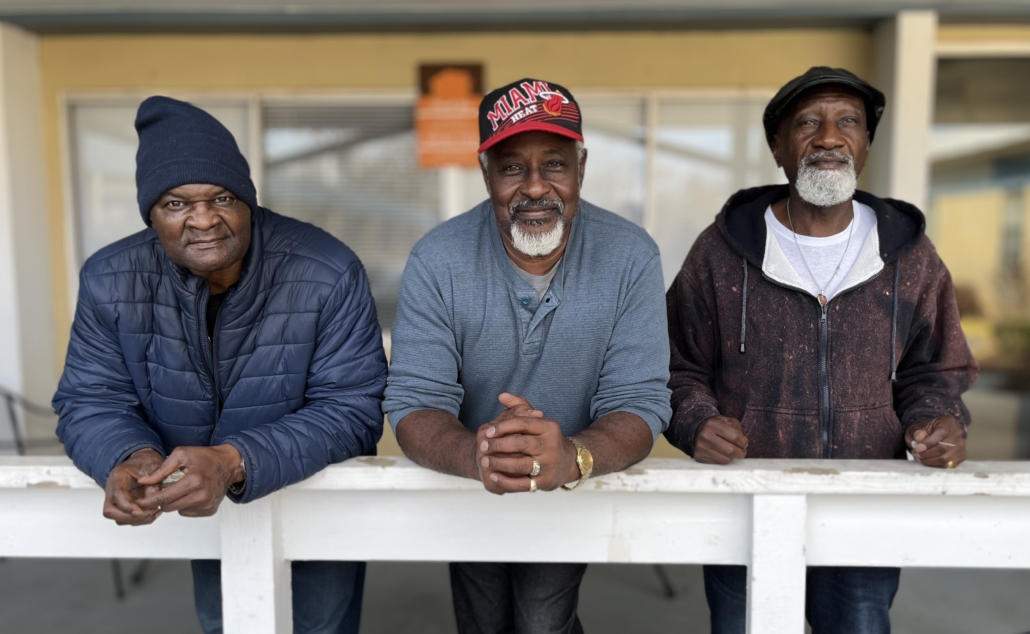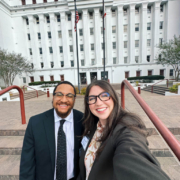By Frederick Spight, Policy Director and Elaine Burdeshaw, Policy Associate

As we look forward to the start of the 2023 legislative session, and the beginning of the Quadrennium, Appleseed plans to bring forth several legislative priorities. As is our custom, these initiatives are based on evidence and research that will advance the goals of good, efficient government as well as providing support and relief to many Alabamians.
This session help us pass the following four priorities:
End Drivers License Suspensions for Low Wealth Alabamians

Once again we are bringing our Drivers License Suspension Bill. The Bill made it through the Senate last year and in both the House Judiciary and State Government Committees, but unfortunately never made it to the House floor for a vote. Sen. Will Barfoot (R-Pike Road) along with Sen. Merika Coleman (D-Jefferson County) will sponsor in the Senate. This year Rep.Tim Wadsworth (R-Arley) will sponsor in the House.
Just to recap: as of 2021 almost 170,000 Alabamians had their drivers licenses suspended in the state for failure to pay a traffic ticket or for failure to appear in court. In this state, the loss of a driver’s license is particularly devastating for the poor and working class. Without a driver’s license people have a hard time getting to work, getting children to school, and taking care of the day to day needs of adult life. This creates a cascade of effects on not only the individual, but their families and communities. Based on the result of our survey of Alabama drivers whose licenses were suspended due to unpaid traffic debt, we know that 89% had to choose between basic needs like food, utilities, or medicine and paying what they owed; 73% had to request charitable assistance they would not have otherwise needed; 48% took out high-interest payday loans; and 30% admitted to committing crimes like selling drugs or stealing to pay off their tickets.
Getting these drivers back on the road will also have a positive impact on our workforce. Business leadership and the Governor have been trying to institute, or influence, policies to get Alabamians to work. Currently, Alabama ranks 45th in the country for workforce participation at 57%. The national average is around 62%. A recent Cygnal poll showed that 31% of Alabamians cited transportation as the main reason they are unemployed– we have plenty of jobs, but often lack people to fill them. The Driver’s License Bill is a simple solution that will achieve higher workforce participation, stabilize communities and provide relief for thousands of low income Alabama families.
End Fines, Fees and Court Costs for Children

Alabama Appleseed has been working to reform unjust court fines and fees for more than 5 years. So far, these efforts have been geared toward the adult court system. As we began to dig into the issue we found another court system about which there has been less advocacy around fines and fees: the Juvenile Court System. This is for a myriad of reasons, but particularly due to the confidential nature of the proceedings themselves. Also, many parents and youth are unwilling to publicly speak out, lest they draw more attention to the mistake they made as a minor. Unfortunately, this has led to many families suffering in silence.
The goal of the Juvenile Justice system in Alabama is to rehabilitate the child. The imposition of fines, fees, and court costs are overly punitive measures. A growing body of research has shown that the imposition of fines and fees on youth can actually lead to poorer outcomes such as continued involvement in the criminal justice system well into adulthood. Therefore, we aim to end the practice of assessing these fines and fees, with the exception of restitution to victims. This legislation will be sponsored by Rep. Jeremy Gray (D-Opelika) and Sen. Kirk Hatcher (D-Montgomery).
Provide Older People Serving Long Prison Sentences a Second Chance at Life

Currently there are about 230 incarcerated Alabamians serving life without parole for crimes that did not involve homicide or sex offenses. Most of these crimes involve no physical injury to the victim. These individuals were sentenced under Alabama’s Habitual Felony Offender Act, a three-strikes law created in the late 1970s. Many have served 30-plus years and are over 50-years old.
As this population has aged, prison health care costs have climbed. The Alabama Department of Corrections is now poised to spend $1 billion on prison health care, a figure that is sure to continue growing as people with death-in-prison sentences continue to age behind bars.
Continued punishment of elders is not a wise investment. Criminality declines by age 40 and continues to fall as people reach their 50s. By age 60, recidivism is virtually nonexistent.
Our prisons are overcrowded and extremely violent. The conditions have already been declared unconstitutional by the federal government. One solution to alleviate some of this pressure is to release individuals who pose little to no threat to public safety.
As such, Alabama Appleseed has crafted the Second Chance at Life: Elder Review Act that will give those serving sentences of life imprisonment without parole for offenses in which there was no physical injury to the victim an opportunity to have their sentence reviewed by the sentencing judge to determine if additional punishment is warranted. Individuals who have reached age 50, served at least 15 years, and have no homicide or sex crimes on their record will be eligible for resentencing. Representative Chris England (D-Tuscaloosa) will sponsor the bill.
Re-entry Housing Pilot Program

Three of Appleseed’s recently released clients Willie Ingram, Larry Garrett, and Lee Davis outside of Shepherd’s Fold re-entry facility. Photo credit Bernard Troncale.
Even with $3 billion going to prisons, Alabama spends no money whatsoever on housing for the thousands of individuals who leave those prisons every year with nothing. Our final legislative priority is securing funding for a re-entry pilot program in Jefferson County.
Already, Appleseed has begun to provide re-entry services for individuals released from prison. This includes: acquiring birth certificates, driver’s licenses, social security cards, securing housing, employment, and health care. We have found, and studies have shown, that housing security is a major determining factor to success following incarceration. It should surprise no one that those with stable housing and a solid network are significantly less likely to reoffend than those with few resources.
Therefore, we are requesting a $500,000 budgetary line item for re-entry within the Bureau of Pardons and Paroles budget. We have secured participation from Aletheia House, a Birmingham-based nonprofit with decades of housing experience, that will receive all of the $500k in state funding to coordinate housing. Appleseed will provide wraparound services based on the model we have developed over the last three years. Alabama will not be the first state to invest in re-entry housing as a way to reduce recidivism. In fact, many states, including our Southern neighbors, have recognized the necessity of supporting formerly incarcerated people as they get back on their feet. If we want to get serious about reducing the prison population, investing in adequate re-entry services is imperative.






Leave a Reply
Want to join the discussion?Feel free to contribute!